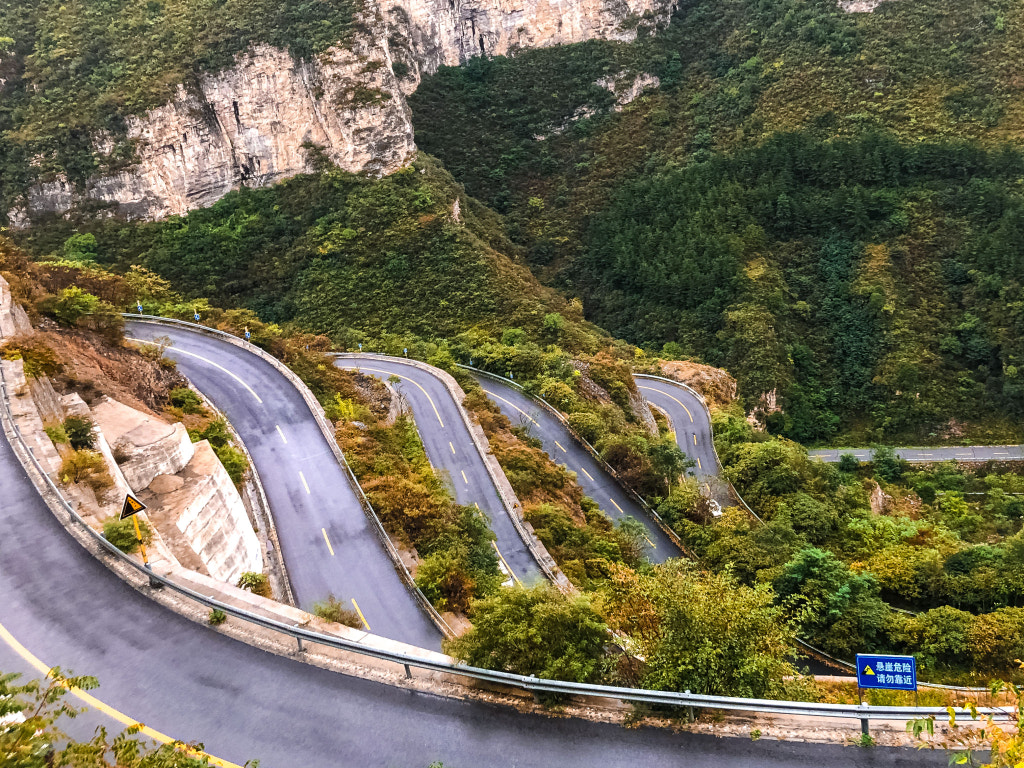2020 Census miscounted 14 states, survey revealsWashington Pos
7 Ways to Find All Accounts Linked to Your Email Address or Phone Number - MakeUseOf
MakeUseOf: “Over the course of our long and storied lives online, most of us have signed up for many online accounts, only to have them fall by the wayside, unused forever. Now, the email address or a phone number you surrendered for registration can be misused.
It’s time to ask yourself, “How do I find all accounts linked to my email address?” It’s best to revisit all your accounts to update your credentials or deactivate them, but it’s not always as easy as hitting the “Find My Account” button. Here are some ways you can find all accounts linked to your email address or phone number.”
1. Paul Strathern, The Florentines: From Dante to Galileo. It is not just Dante and Galileo, there is also Boccaccio, Petrarch, Machiavelli, Giotto, Botticelli, Leonardo, Fra Filippo Lippi, Michelangelo, Ghiberti, Brunelleschi, and many more, all from one small region of Italy. This book doesn’t answer how that all happened, but it is perhaps the best survey of the magnitude and extent of what happened, recommended and readable throughout, good as both an introduction and for the veteran reader of books about Florence. While we are at it, don’t forget Pacioli and the first treatise on double-entry bookkeeping.
2. Geoff Dyer, The Last Days of Roger Federer: And Other Endings. A hard book to explain, mostly it is about how careers end or collapse or implode, only some of it is about Federer. “De Chirico lived till he was ninety but produced little of value after about 1919.” Calling a book a “tour de force” almost certainly means it isn’t, but this book…is a tour de force.
3. Mason Currey, Daily Rituals: How Artists Work. One or two-page sections on the work habits of famous artists, the selection of names is intelligent and this book is like potato chips in the good sense of the term.
4. Asa Hoffman with Virginia Hoffman, The Last Gamesman: My Sixty Years of Hustling Games in the Clubs, Parks and Streets of New York. A fun look back at the NYC chess world of the 1970s and trying to make a living as a chess and Scrabble hustler. I knew Hoffman a bit back then, and even as a kid I wondered “is this guy happy?” In the book he says he has largely been happy! I am still wondering. Maybe the secret is to play a game many discrete times where your losses are temporary and swamped by rapidly forthcoming wins? I am reminded of the words of the recently deceased grandmaster and centenarian Yuri Averbakh (NYT): “The main thing was that I never obtained great pleasure from winning,’’ he wrote. “Clearly, I did not have a champion’s character. On the other hand, I did not like to lose, and the bitterness of defeat was in no way compensated for by the pleasure of winning.”
5. Christopher Duggan, The Force of Destiny: A History of Italy since 1796. A good and very useful general introduction to the history of the latter part of the story of Italy.
Slovakian Asks Good Questions About American Suburbs
My questions are:
Originally from Reddit.
The history of celebrity paparazzi disrupted the highly manicured image movie stars had enjoyed since the golden age of Hollywood. They brought these gods of our culture down to the messy earth. Interestingly though, this didn’t dampen our obsession with fame, as you might expect. No, it turbo charged it. Something about seeing our celebrities brought low — catching a glimpse of their flaws and pains — it didn’t push the famous off these weird pedestals we put them on. It only intensified our fixation with them.
